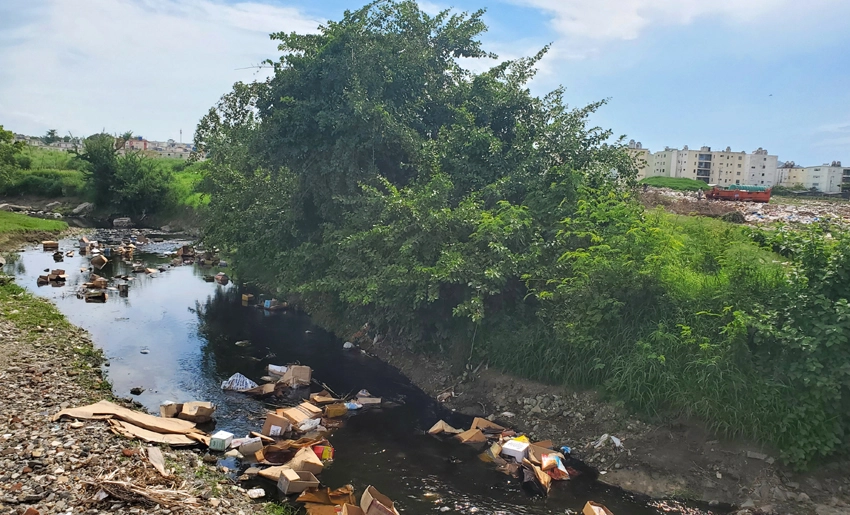In the city of Holguín, contamination by garbage in the open air continues to be one of the main environmental problems in this region of eastern Cuba, with an impact on climate change, the landscape and human health.
Some of the causes of this unfavorable environmental reality are related to the sustained urban growth and commercial activity, lack of resources and insufficient technological equipment for the stable collection of solid waste, the low recycling capacity of the province and the violation of public hygiene norms.
Holguín is one of the most populated municipalities in Cuba, with more than 300,000 inhabitants; however, the current economic and technical resources to collect garbage in an orderly and regular manner are not sufficient considering its population size and level of development.
Garbage that ends up on the ground or in the water when it decomposes emits toxic gases that contaminate these basic living environments with harmful effects. The solid waste abandoned in the open air also deteriorates and pollutes the air we breathe, the unpleasant odors given off by putrefied garbage causes health problems, alter coexistence and degrade the environment.
And not only garbage is piled up, the people of Holguín increasingly accumulate, illegally, debris derived from the construction and repair of houses or pruning of trees, in any street or desolate urban space.
The sanitation of the city and the elimination of polluting sources require collective action and greater administrative and judicial severity. Cuba now has Law 150 “On the System of Natural Resources and the Environment”.
Human activities generate solid wastes that require adequate and systematic management under strict surveillance, control and efficient treatment.
Today, when the World Environment Day is celebrated, it is opportune to review to what extent the strategies respond to the urgent need to protect the environment and to recover the neatness and cleanliness that distinguished Holguín, where the accumulation of garbage adds epidemiological risks, affects the city tourism and entails high economic costs to the government.
- Social Responsibility in Today’s Cuba - 17 de January de 2026
- Cuban Science with a Transformative Impact on Society - 15 de January de 2026
- Safety Road, Everyone’s Responsibility - 29 de November de 2025

